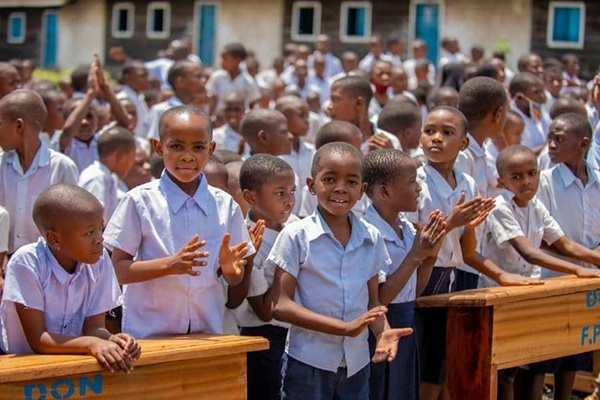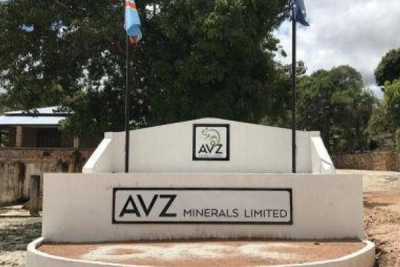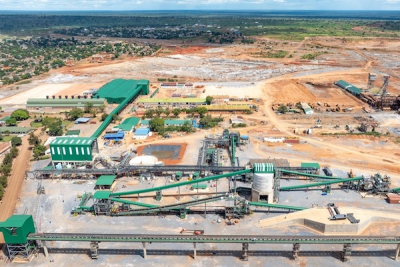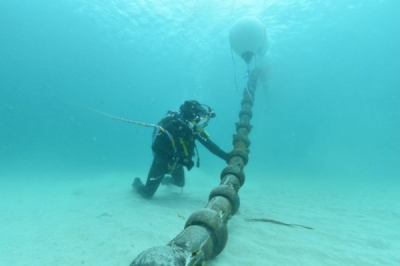The government of the Democratic Republic of Congo (DRC) must actively get involved in education systems to reduce educational poverty in the country. This is highlighted in the World Bank's latest Africa's Pulse report, titled "Transforming Education for Inclusive Growth". Published on October 14, 2024, the report defines educational poverty as "the inability of children to read and understand simple text by the end of primary school (around age 10)."
This issue is significant in the DRC, where over 90% of children are considered educationally poor, according to data from 2022. This rate is the third highest in sub-Saharan Africa, behind Zambia and Lesotho, and is above the regional average of 89% and the average for low- and middle-income countries at 70%.
The World Bank states that most children do not acquire basic reading and math skills by the end of primary school, leading to an early learning deficit. This lack of skills affects students' chances of success in secondary and higher education.
This is a major challenge for education systems as kids must learn basic skills and more advanced subjects like science, technology, engineering, and mathematics (STEM). The report emphasizes that sub-Saharan African countries need ambitious learning goals and implement various assessments to measure progress.
"National assessments must be consolidated, as they are essential for identifying system-wide achievements and challenges, informing policy reforms, and designing interventions. They will quickly alert the system to declining quality, enabling policymakers to act quickly," the report's authors explain.
“National assessments must be strengthened as they are crucial for identifying systemwide achievements and challenges, informing policy reforms, and designing interventions. They will provide early warnings to the system if quality declines, enabling policy makers to act quickly and reverse course. Formative classroom assessments generate realtime feedback, helping teachers to adjust to student needs,” the report reads.
The World Bank's recommendations align with a recent report from the African Development Bank (AfDB), which calls for more investment in human capital through better education. The AfDB estimates that $1.2 billion per year until 2063 is needed to transform the DRC's economy.
Espoir Olodo










